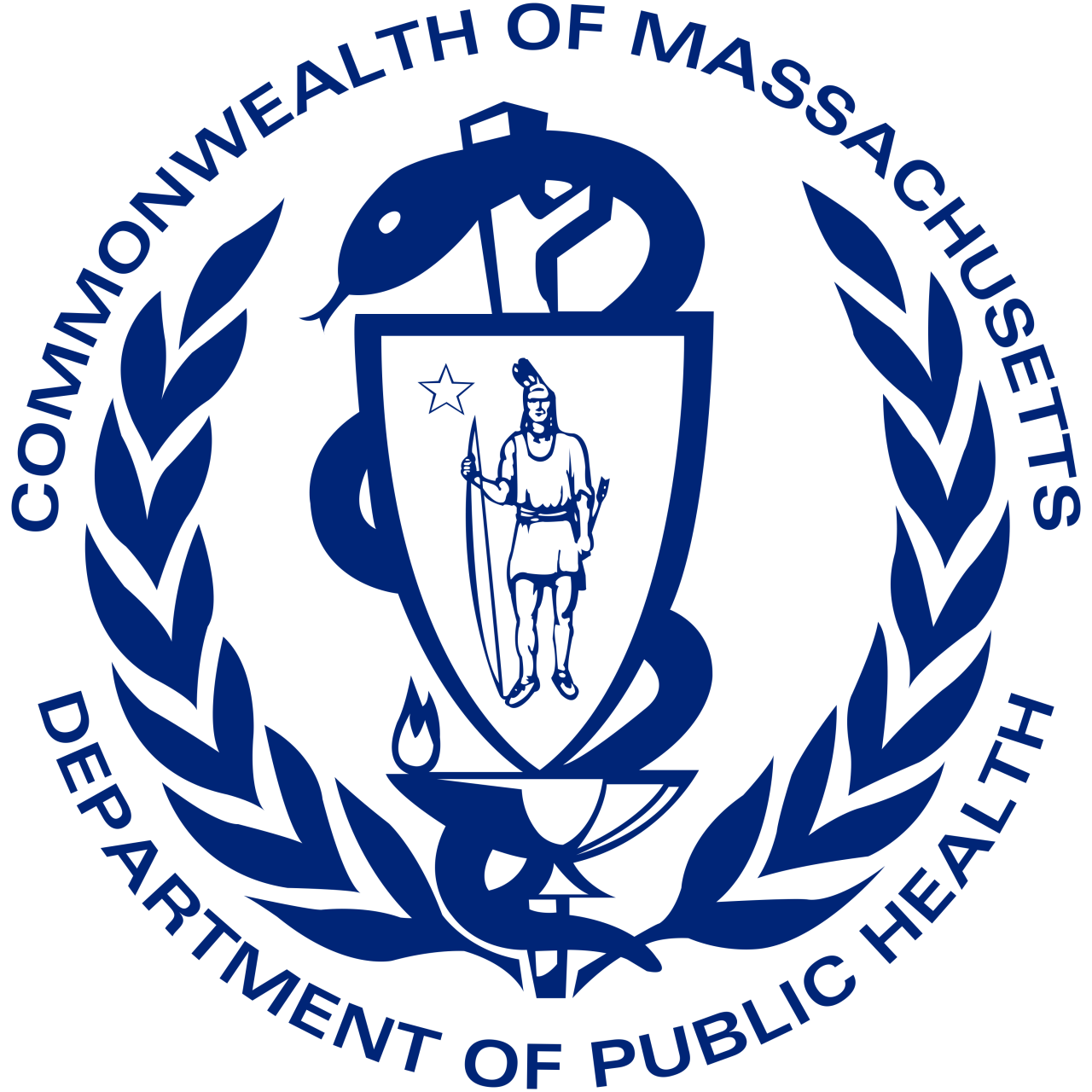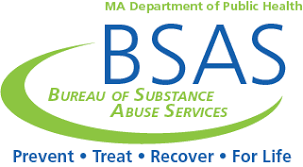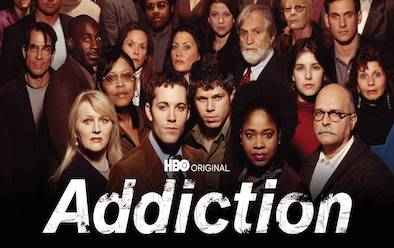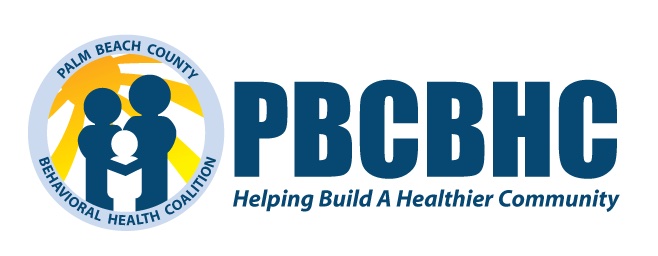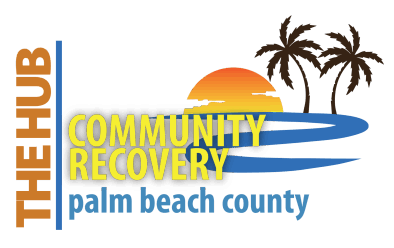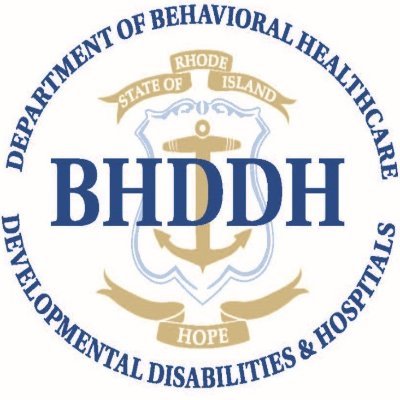Recovery from Addiction Is a Bumpy Road

Her Loved One was thriving when he was in treatment for recovery from his addiction. He soaked up the learnings and proved to himself that he can live without alcohol. However, with the lockdown and little to no addiction recovery input, he might be headed for a relapse. Feeling burnt out and anxious, she wonders what steps she should take next. She’s finding that recovery from addiction is not a straight path and can be a very bumpy road.
*This question originally appeared on our Member Site blog, where experts respond to members’ questions and concerns. To sign up for our special offer to become a member of Allies in Recovery eLearning program, click here.
“I posted about my partner a number of months back when he was quite in the midst of his addictions and depression/anxiety/ADHD.
He did eventually go to rehab, and it was his own choice. It was the best thing he has ever done for himself. My partner has always been a very insightful guy and being in an environment like that for the first time he flourished and bought into the program right away. I chose a program where the psychiatrist was also an ADHD specialist, and isn’t AA based.
He threw himself into the program and got so much out of it, and even planned his outpatient program on his own accord before he even returned home. His depression was also in remission. He talked about accountability and not wanting to become complacent.
This was immediately before COVID happened. When he got home, a week later, his outpatient program was “on hold” and eventually cancelled. First he was keeping a daily routine, but soon he just started playing video games from morning to night. He has let the chores that are his responsibility slide, but sometimes he picks up on them on his own (he is not working and I am a social worker and I still work 13 hour days, but from home).
The thing that complicates matters here is I am immunocompromised, so I can’t have dishes or garbage piling up, especially in the summer, because it puts me at risk of a special kind of infection only I can catch. He admitted that he already knows that and told me stop guilt trip.
I see behavioral changes that remind me of when he was using…. but I don’t think he is actually really using. I am home all the time and he has no money to do so, he is also mostly home as well. He also leaves his pill bottles visible, so I know he has been overall by and large pretty good with his ADHD medication.
How can I address some of these issues in a CRAFT-y way, but also be reinforcing because I think he is at least abstaining to the point where I can’t notice it? I need to be better at setting some limits re: chores. When I try to explain this, he is quick to turn it around on me and make it about me hurting him by bringing it up.
How do I set some limits in a way that still also respects the fact that yes he seems to be managing to stay sober within all of this? How can I try to have a conversation about scheduling some follow up? I frequently give positive feedback and am affectionate, but anytime I set a limit or bring up anything about getting good follow-up, he gets so defensive and mad…
Dominique Simon-Levine’s response to this member’s recovery dilemma
Reading your words, I feel your exhaustion. COVID is making everything so much harder for everyone, especially for people struggling with addiction and for their entourage. It is disappointing to hear of the gains your partner made with treatment, and how the lockdown has chipped away at his progress. You sound cooped up and fed up. I wish I could send you each to a week apart, somewhere beautiful.
Maia Szalavitz in Unbroken Brain talks about how the physical addiction to a drug plays a minor role in withdrawal:
“It’s just that the physical symptoms aren’t the main problem. What makes drug withdrawal hard to take is the anxiety, the insomnia, and the sense of losing the only thing you have that makes life bearable and worth living […] It’s the mental and emotional symptoms — the learned connection between drugs and relief and between lack of drugs and pain — that matter.” 1
His frustration with his recovery from addiction is aimed at you, but his argument is with himself
Maia would say the emotional part of becoming abstinent is 90% of the problem. Here your partner has turned the emotional toughness of withdrawal onto you. Don’t take the bait. His frustration may be directed towards you, but his argument is with himself.
Also remember, your partner is home without sufficient push back on his old drinking thought patterns. His thoughts are turning back towards the negative, and perhaps the alcohol. That’s why a daily self-help meeting is so useful. Without consistent input, he will, by default, go back to negativity and, much more likely, to use.
You saw your partner flourish in treatment and now he’s sinking with the COVID shutdown. He is tight, defensive, perhaps sneaking drinks. He may relapse. It will be disruptive.
Ignore what’s annoying and inconsiderate
CRAFT would suggest you try to ignore the behaviors that are annoying and inconsiderate for the moment. Ignore the dishes and the need to tighten up boundaries around housework. Remember your own goal: get him into treatment and then, keep him in treatment. Your partner is headed for a relapse, and you are right, he needs more follow-up.
So back to basics: focus solely on the use/no use pattern. Reserve your affection and other rewards for when you are mostly sure he hasn’t had any or much to drink. The red flags that he has been drinking are his defensiveness or being argumentative. Perhaps this is what cues you to recognize the use with sufficient assuredness so that you move to:
– remove rewards,
– allow natural consequences and
– remove yourself.
Can you refrain from commenting about the housework and boundary issues for now? Can you pull back and be more neutral, less affectionate perhaps, in those moments when he is down? Let him be down. Perhaps you put the number of his treatment therapist on the fridge without comment. Can you call the treatment center and tell them of your concerns? They may not have a release to talk with you but you can tell them how things are going. Find out if they can call him.
The clarity attained in treatment vs. the gray area when stuck at home with little support – how uncomfortable!
Accept that he may drink and know that he is capable of grasping onto life without alcohol. He was thrilled to be in treatment and soaked up the learnings.
He must be extremely uncomfortable with such a disconnect between what he learned in treatment and life as it now is, stuck in the house without work or recovery input.
Pull back in ways that dis-arm the struggle. Module 2 provides guidance on how to de-escalate conflict. Become a member now to watch Module 2 in its entirety or see an excerpt here. Go around the dishes, be strategic in your affection. Back away neutrally, say less. The goal is for him be back in touch with his treatment center and/or SMART recovery online to start.
You can work on your relationship, the boundaries, the dishes, etc. when he is on a better course. Until then, you are expecting too much. This, in itself, can be exhausting. Head to our member site to watch Module 8 for tips on how to talk about treatment and follow-up. The rest of the time, say as little as possible.
Recovery from addiction work for your Loved One and self-care for you
You are both in a precarious position here. You are it for him right now and you have your own health to tend to. The long hard days as an essential worker must be exhausting and you need energy to take care of your own needs. Go neutral with him and create space between the two of you. Giving him room to bang around will also give you room to focus on your needs. Practicing self-care, even if you just listen to one of your favorite songs or soaking up some sun for five minutes in between calls, will help you be calmer and more objective in your communication with your partner.
Thank you for writing in. These questions you are asking are important and speak to the severity of the daily challenges that come with overcoming substance use disorders. Our hearts go out to you. Please keep us updated on the next steps you are taking.
Since 2003, Allies in Recovery has addressed substance use in families by providing a method for the family to change the conversation about addiction. We use Community Reinforcement & Family Training (known as CRAFT), a proven approach that helps the family unblock and advance the relationship towards sobriety and recovery and to engage a loved one into treatment. Learn about the benefits of becoming a member by following this link.
[1] Maia Szalavitz, Unbroken Brain: A Revolutionary New Way of Understanding Addiction, St. Martin’s Press (2016):33.

